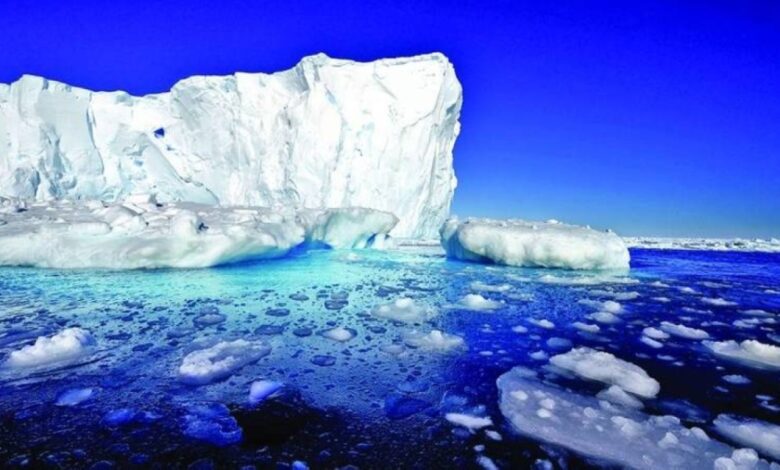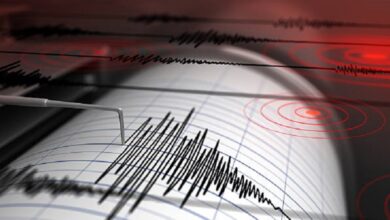
A new international study has revealed that melting Arctic ice poses emerging health risks, potentially unleashing ancient microbes and increasing the spread of infectious diseases like brucellosis, tularemia, and E. coli.
Published in Science of the Total Environment, the study involved scientists from 15 institutions across Europe and Canada. It highlights how thawing permafrost opens access to once-isolated areas, creating new human-wildlife interactions and increasing the risk of previously dormant pathogens resurfacing.
Dr. Khaled Mujahid Abbas of the University of Sharjah, a co-author of the study, warned that “what’s happening in the Arctic won’t stay confined there,” stressing that the melting permafrost could reshape the global disease landscape.
The study identified two main risk patterns: increased human activity in newly accessible regions, and the reactivation of ancient microbes trapped in frozen remains. It urges the adoption of a “One Health” approach integrating human, animal, and environmental health, along with stronger early warning systems and collaboration with indigenous communities for monitoring ecosystem changes.
The researchers concluded that climate change is not only melting ice but also breaking down natural barriers between species and ecosystems — a shift that could trigger unprecedented global health challenges.












